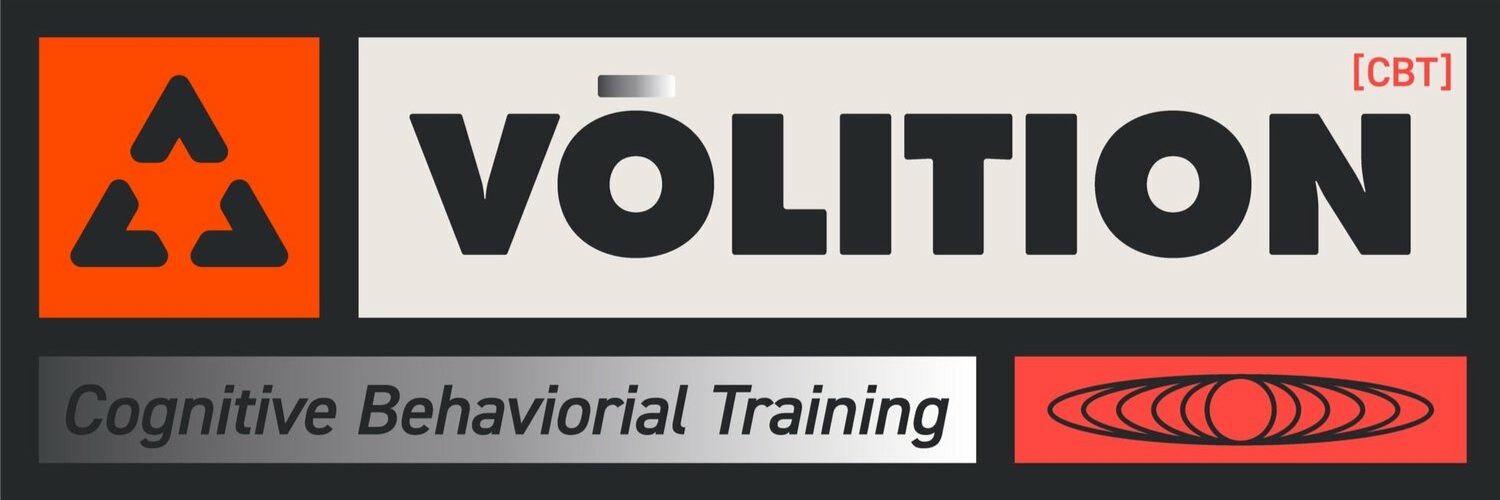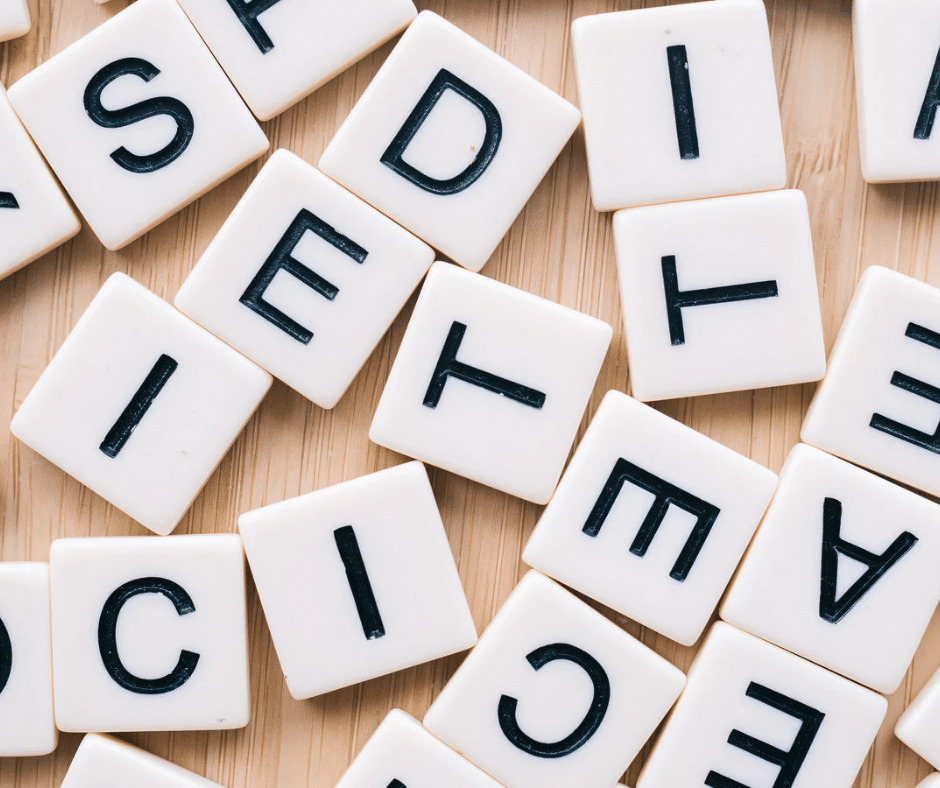Language is a useful tool that allows us to effectively communicate with each other, share ideas, jokes, intimate conversations and so much more. It’s one of the things that set us apart from any other species, but, with all of its usefulness comes a cost.
As humans we like to categorize, label and assign things into boxes that fit our story of what each thing means to us. For example, if I say “democrat” we all have different definitions, mental images and labels we assign to the word. If I say “flower” we can all picture a colorful plant that comes from the ground, but it might look a bit different in each of our minds.
Thoughts and words are useful to communicate but I will attest that such categorization dilutes an object’s true essence, stunts our open-mindedness about other people and situations as well as our connection to things other than ourselves (and in turn, connection to self). Of course we need to use words and thoughts, but do we need to be imprisoned by them?
In 2019 when the COVID-19 pandemic hit, I was furloughed from my job and had all the time in the world to lay outside and read, listen to podcasts and just sit with myself. I remember I would sometimes just lay there and watch nature; the grass, the little ants all around, the leaves blowing in the wind, butterflies flying. Eventually I noticed how grounded and present I felt just being (these were probably the first times I experienced true mindfulness).
I noticed things about life I had never noticed before because I was always so distracted by doing and thinking and never took the time to notice anything new in my environment. This phenomenon is called hedonic adaptation: after repeated exposure to something we stop noticing it as much. For example, your drive to work every day seems pretty much the same every time even though there are probably things about the scenery you’ve never actually noticed before. Or if you live in a landscape with a lot of trees, you might not notice how ethereal and mystical each individual tree is.
I started to experience life in a new way, in a way that gave me space from my thoughts and allowed me to just experience without much or any thought at all. This has changed my life forever.
I believe the hedonic adaptation phenomenon is similar to repeated exposure to words, thoughts and the stories we attach to them. These stories come from our culture, environment, past experiences, biases and unique perceptions.
Words, thoughts and stories even make us emotional because our identity and beliefs (ego) are wrapped up in them, we wouldn’t know who we were without them and we condemn others who disagree with our stories (beliefs). All of these words and stories at their core are just thought-forms of the mind and limit our ability to experience the true nature of reality.
Words point to reality, are an approximation of reality, but aren’t reality itself.
Words can distort reality. For example, some people think spiders are evil, scary creatures because of the stories (beliefs) they have of them, when in reality they are just another expression of the Universe, the one true nature.
When we stop to think about how the stories we tell ourselves shape our lives, our lives change (and the world changes).
We’re able to go beyond the surface layer of words and thought-forms and we experience how connected everything is to each other.
If you’ve ever sat in awe at a sunset, a baby, an animal, a precious stone, a flower, or anything of the like without mentally labeling it, you’ve witnessed and experienced a window into the formless, the infinite. You might have felt you were experiencing something greater than yourself, maybe even something connected to yourself.
When we’re able to slow down and become present in the moment we’re able to look at life through a lens of alert awareness and joy, or dynamic being. We’re able to see things clearly as their true essence shines through, experience something greater than ourselves, have an open mind, more compassion and understanding of others’ beliefs as well as more confidence in changing our own beliefs when presented with new information and experiences.
“The quicker you are to attach verbal or mental labels to things, people, or situations the more shallow and lifeless your reality becomes, and the more deadened you become to reality, the miracle of life that continuously unfolds within and around you.” -Ekhartt Tolle


